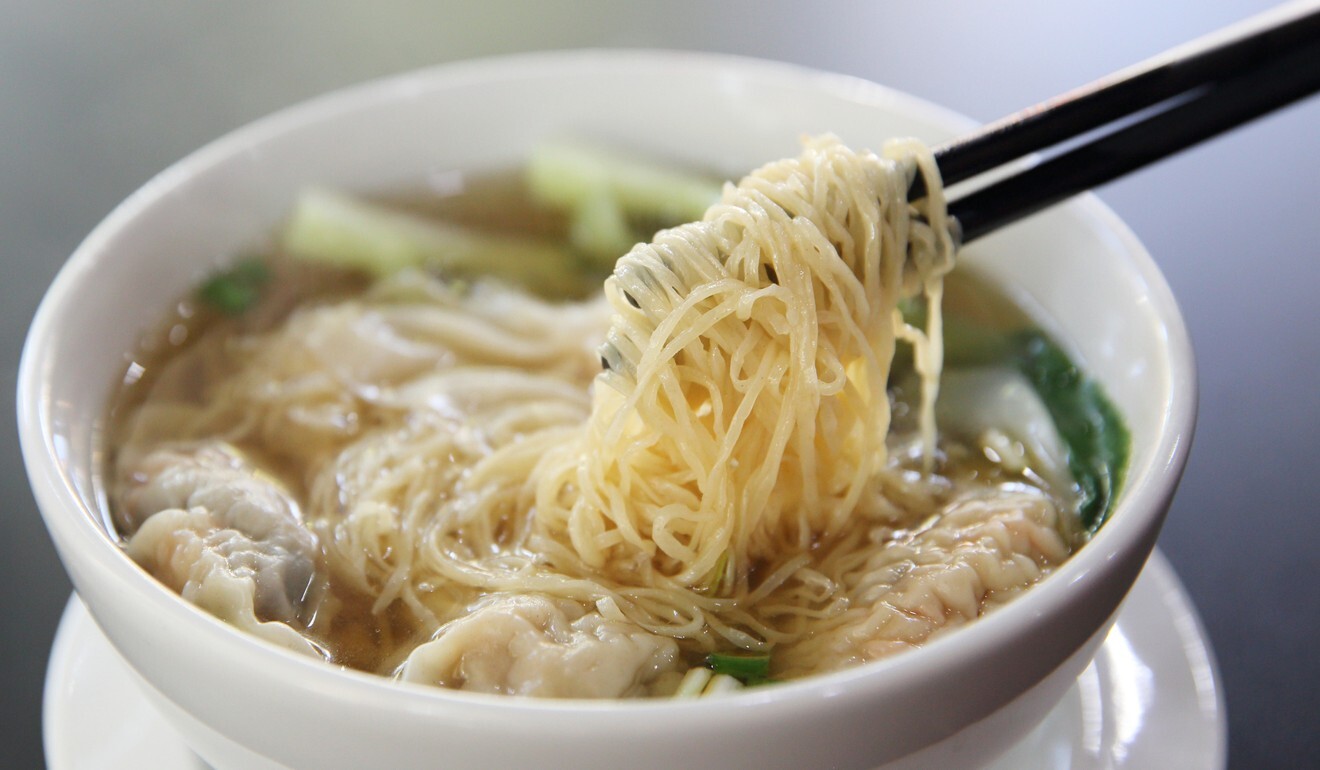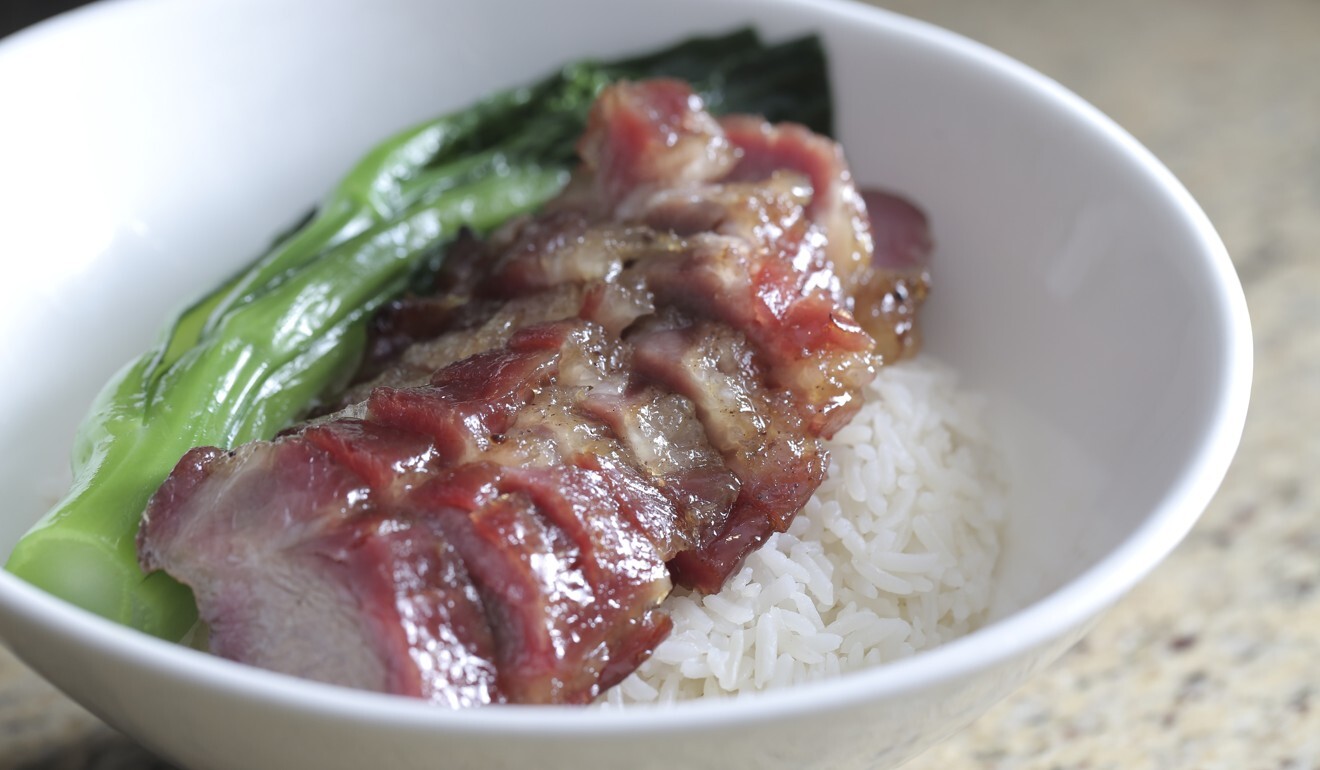
A shrunken bowl of wonton noodles and the true value of the Hong Kong brand
- It doesn’t make sense for a local shop to sell out its hard-earned reputation for a quick profit, because reputation takes years to build and seconds to destroy
We all have our favourite comfort foods we turn to when we need something that reminds us of home, and to help us through stressful and difficult times.
Every culture has its unique comforting cuisine. No matter the varieties, they serve to not only fill our stomachs, but also provide something like a security blanket to wrap around us, protect us, and give us the “hug” we desperately need.
And as a result, they give us the comfort and assurance we need to carry on because of their familiar taste of home. Comfort foods are our saviour when we are sick, the ultimate anchor when we are lost, and the motherly love we need when we are scared.
Many people have turned to comfort foods during the Covid-19 pandemic to help them through the lockdown. It was also used as a way to celebrate the end of the lockdown and their freedom regained.
It’s no surprise that many local comfort foods like wonton noodles are internationally known. But to be honest, just about all types of noodle dishes have comforting factors, so why wouldn’t they be beloved among all? Any steaming bowl of noodles is not only delicious, but nourishing and soothing.
The Chinese value teamwork and it has been keeping Hong Kong safe during Covid-19
The popular wonton noodle dish is Hong Kong’s signature cuisine, just like fish and chips is in Britain.
Almost everyone visiting Hong Kong endeavours to eat the best wonton noodles because it is something that they feel they must try at least once. Even locals need a wonton noodle fix every now and then.
I have never had a disappointing bowl of wonton noodles in my life until very recently when I ate at a rather famous noodle shop in Central. This place was even given a Michelin star in 2017.
Of course, I had to try their world-renowned dish of wonton; but all I got were four tiny wontons and a small mouthful of noodles served in a bowl not much bigger than a Chinese teacup.
I wasn’t impressed at all because to me, this all-time favourite culinary dish has always come in in generous portions.

Any kind of comfort food by definition has to be served in a satisfying portion. When a person is feeling stressed or sad, it’s almost instinctive that they would go out and order whatever food they fancy in large portions.
For example, in films you would never see a woman trying to heal her broken heart by eating ice-cream out of a cone because it would appear ridiculous. It would only be natural for her to cry her eyes out while digging into a big tub of ice-cream; so portion is king.
Having said that, I totally understood that most businesses were suffering in the current shrunken economy, so this contraction was being seen in equally shrunken portions.
Serving only three diners and maybe making an extra HK$60 from us by skimping on quantity don’t make any business sense to me
But on the other side of the coin, how would it help revive the business by reducing the size of a normal bowl of wonton noodles by two-thirds so that they might make an extra HK$20 from me?
It certainly wouldn’t help because they will end up losing customers, even some loyal ones as a result. When I was at the aforementioned establishment, there were just two other diners.
To any Chinese, a bowl of steaming hot wonton noodles is meant to satisfy the stomach and the soul. I certainly didn’t get that feeling of satisfaction from a teacup-sized bowl of wonton soup noodles, which cost HK$45 (US$5.8).

Serving only three diners and maybe making an extra HK$60 from us by skimping on quantity don’t make any business sense to me. The shop was almost empty when I arrived and remained so for the 30 minutes I was there.
When I shared my experience with a couple of colleagues, they told me it had in fact become the norm for many relatively famous wonton noodle places to reduce their portions. And obviously it’s also due to the skyrocketing Hong Kong rents.
Hong Kong again exposed for heartless way it treats foreign domestic workers after Covid-19 payout snub
Wonton noodles, like many other local comfort foods such as dim sum and honey-glazed barbecued pork rice (char siu fan), are world-famous Hong Kong culinary items. They are synonymous to the Hong Kong brand and culture and they speak to the world as the city’s ambassadors. But if their images are tarnished, so will the Hong Kong brand.
Wouldn’t it make more business sense to make a bit less profit but compensate the shortfall by having more diners, which means targeting for the turnover of customers? That way, their reputation and that of Hong Kong will remain intact.
I don’t see any long-term true value for the noodle shop – or any other local shop for that matter – to sell out its hard-earned reputation for a quick profit. Don’t forget: a reputation takes years to build and seconds to destroy. And, in this case, it only takes a shrunken bowl of wonton noodles.
Luisa Tam is a Post correspondent who also hosts Cantonese-language video tutorials that are now part of Cathay Pacific’s in-flight entertainment programme

